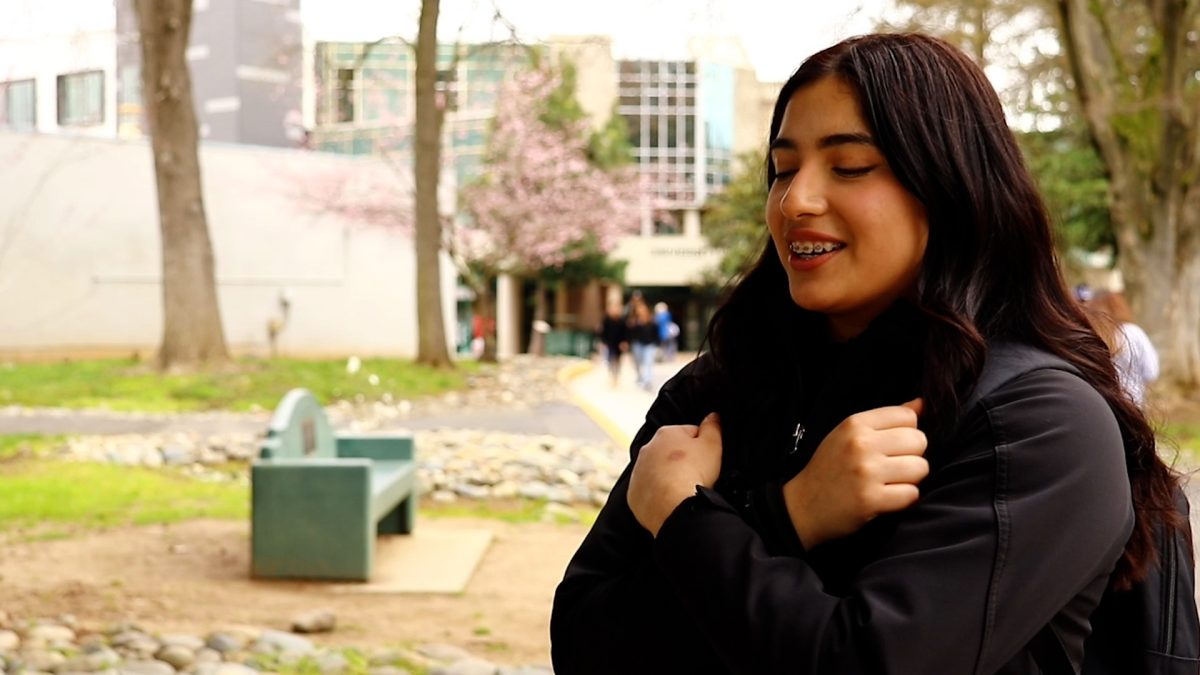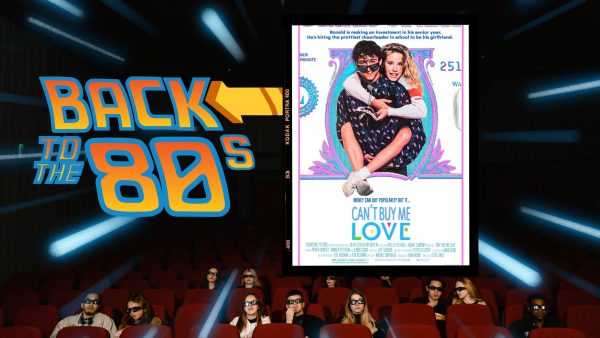Banning ’50 Shades’ hurts women and First Amendment rights
August 29, 2012
This summer the United States was hit by the now-infamous erotic novel Fifty Shades of Grey, which is now banned from library shelves in two states.
Banning books takes away individuals’ ability to express unconventional or unorthodox aspects of life. It also infringes on our First Amendment right to use free speech both for individuals and the press in spoken and written formats.
Recently, this novel has fallen under the speculative eyes of angry moms and religious leaders and an organization named Wearside Women in Need who is calling for a book burning this November who condemn the behavior this book revels in.
“50 Shades” is a novel displaying explicit erotic situations such as bondage, discipline, dominance, submission, sadism and masochism. This novel includes consensual bondage, hot sex and yes that little word called “love,” which people seem to forget when talking about this book.
The problem for many with this book is it brings forth the long-lost idea of women’s very own sexual fantasies in a sexually explicit manner. Yet based on the erotica genre this book is filed away in it should not come as a surprise to readers to find this kind of content.
According to the American Library Association, the top reasons for a book being banned in the United States are the following: sexual explicitness, offensive language and violence. Although the novel is not different from the others in its genre, this one has received more attention and come under fire.
In the United States people fear the sexuality of women. Let’s face it: we live in a society that has swept women’s sexual desires under the rug and takes away women’s ability to express or live out their deepest, darkest desires.
When they do, women are labeled harlots, and yet, men for some reason seem to get away with being called a sex god.
Women’s sexuality has become submissive to men’s dominating role in the sex industry.
“50 Shades of Grey” tore down over the idea of a submissive woman and brings forth a character who relishes the crazy new sex life she has acquired.
People shouldn’t censor a book because they are fearful of the content and the impressions it will leave on society. The forgotten idea of a woman pioneering a recklessly hot and purely exhilarating path of an unconventional sex life is no reason to ban a book.If anything, it may help a few women speak out in bed about what they want and that is a good impression for a book to leave behind.
The problem with this is once people realize they can ban books they will start looking for any reason to ban the next one they do not like.
One person or group cannot dictate to the masses what they should and should not read or watch. Doing so forces individuals’ personal sentiments into a place where people have the right to make their own decisions. McKinley Library collectionsservice manager Nina Biddle agrees.
“Although we don’t ban books as a rule, we also need to take every perspective into account,” Biddle said. “I like that we afford the same respect to the person who is objecting as to the others in the community who want the materials in the library and whose right it is to have those materials available to them.”
If you do not like it, avoid it. Parents censoring what their child reads is normal, but no one should be able to decide what adults should or should not read. Silencing the voices of out of the box thinkers is wrong and unconstitutional as well.









































































































































